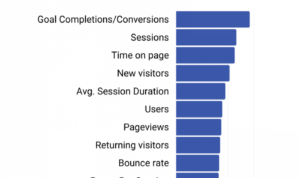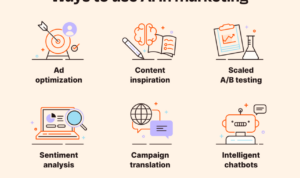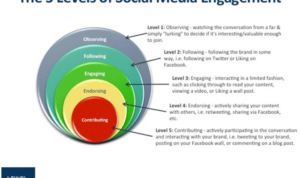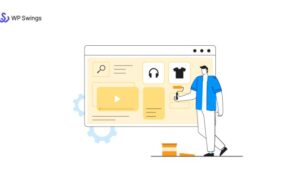Using Data for Marketing sets the stage for strategic decision-making and impactful campaigns, diving into the world of data-driven marketing with finesse and flair.
From the importance of data in modern strategies to the tools and technologies driving analysis, this topic explores the dynamic landscape of leveraging data for marketing success.
Importance of Data in Marketing
Data is like the secret sauce in a marketing recipe – it’s crucial for modern marketing strategies to be successful. By analyzing data, marketers can better understand their target audience, tailor their messaging, and optimize their campaigns for maximum impact.
Personalized Marketing
Using data, marketers can create highly personalized marketing campaigns that resonate with individual consumers. By analyzing past purchase behavior, browsing history, and demographic information, companies can send targeted messages that are more likely to convert.
Optimizing Campaign Performance
Data allows marketers to track the performance of their campaigns in real-time. By monitoring metrics like click-through rates, conversion rates, and engagement levels, marketers can quickly identify what’s working and what’s not. This data-driven approach enables marketers to make adjustments on the fly to optimize campaign performance.
Improved ROI
Data-driven decisions can lead to better return on investment (ROI) for marketing campaigns. By analyzing data and making informed decisions, marketers can allocate resources more effectively, target the right audience, and improve overall campaign effectiveness. This ultimately leads to a higher ROI and a more successful marketing strategy.
Types of Data Used in Marketing: Using Data For Marketing
In the world of marketing, various types of data play a crucial role in helping businesses understand their target audience and tailor their strategies accordingly.
Demographic Data
Demographic data includes information such as age, gender, income, education level, and geographic location. This type of data is valuable in targeting specific audiences based on their characteristics. By analyzing demographic data, marketers can create personalized campaigns that resonate with different demographic groups.
Behavioral Data
Behavioral data focuses on how customers interact with a brand, such as their browsing history, purchase behavior, and engagement with marketing emails. This data is essential for understanding customer preferences, identifying trends, and predicting future actions. By analyzing behavioral data, marketers can optimize their campaigns to better meet customer needs and increase conversions.
Tools and Technologies for Data Analysis
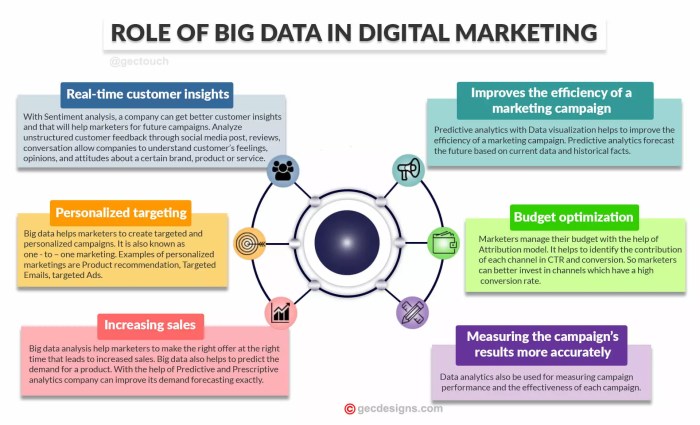
In the world of marketing, data analysis is crucial for making informed decisions and optimizing strategies. There are various tools and technologies available to help marketers make sense of their data and extract valuable insights.
Popular Tools for Analyzing Marketing Data
- Google Analytics: A free tool that provides detailed insights into website traffic and user behavior.
- HubSpot: Offers a suite of tools for inbound marketing, including analytics to track and measure campaign performance.
- Tableau: A powerful data visualization tool that helps marketers create interactive dashboards to analyze and present data.
- Adobe Analytics: Provides advanced analytics capabilities for tracking and measuring digital marketing campaigns.
Benefits of Using CRM Systems vs. Marketing Automation Platforms, Using Data for Marketing
- CRM Systems:
- Focus on managing customer relationships and interactions.
- Help in tracking customer data and improving customer retention.
- Enable personalized marketing campaigns based on customer behavior.
- Marketing Automation Platforms:
- Automate repetitive marketing tasks for efficiency.
- Segment and target specific audiences for more personalized campaigns.
- Provide insights into campaign performance and ROI.
AI and Machine Learning in Data Analysis
AI and machine learning are revolutionizing data analysis in marketing by automating processes and providing more accurate insights. These technologies can:
- Help in predictive analytics to forecast customer behavior and trends.
- Personalize marketing campaigns based on individual preferences and interactions.
- Optimize marketing strategies by analyzing large datasets and identifying patterns.
Data Privacy and Ethics in Marketing

When it comes to marketing, data privacy and ethics play a crucial role in maintaining trust with customers and safeguarding sensitive information. Let’s delve into the importance of upholding data privacy standards and ethical considerations in marketing practices.
Importance of Data Privacy in Marketing
Ensuring data privacy in marketing is essential to protect customers’ personal information and maintain their trust. By implementing robust data protection measures, companies can prevent data breaches and unauthorized access, ultimately safeguarding customer trust and loyalty.
Ethical Considerations in Data Collection and Utilization
When collecting and utilizing customer data, companies must adhere to ethical guidelines to respect individuals’ privacy and rights. It is crucial to obtain explicit consent for data collection, use the information responsibly, and prioritize customer confidentiality to build and maintain a positive brand image.
Examples of Companies Facing Data Privacy Backlash
- Facebook: The social media giant faced backlash for its handling of user data in the Cambridge Analytica scandal, where personal information was harvested without consent for political advertising purposes.
- Equifax: The credit reporting agency experienced a massive data breach that exposed sensitive financial data of millions of customers, leading to widespread criticism and legal repercussions.
- Uber: The ride-hailing company faced scrutiny for a data breach that affected 57 million users, as they paid hackers to conceal the breach instead of promptly informing customers about the incident.
Personalization and Targeting Strategies
Personalization and targeting strategies in marketing involve utilizing data to create customized campaigns that directly speak to the needs and preferences of individual customers. By leveraging insights from consumer behavior, demographics, and purchase history, companies can tailor their messaging and offerings to resonate with specific target audiences.
Utilizing Data for Personalized Marketing
Personalized marketing campaigns can take many forms, such as personalized email recommendations, targeted social media ads, or customized product suggestions on websites. For example, e-commerce giant Amazon uses data on customer browsing history and past purchases to recommend products that align with individual preferences, increasing the likelihood of conversion.
Successful Targeted Marketing Strategies
One successful targeted marketing strategy is Netflix’s recommendation engine, which analyzes user viewing habits to suggest relevant movies and TV shows. This personalized approach has significantly increased user engagement and retention rates, showcasing the power of data-driven personalization in marketing.
Impact on Customer Engagement and Conversion Rates
Personalized marketing has a profound impact on customer engagement and conversion rates. By delivering tailored messages and offerings, companies can create a more meaningful connection with their audience, leading to increased brand loyalty and higher conversion rates. Studies have shown that personalized marketing campaigns can result in a significant uplift in sales and customer satisfaction, highlighting the importance of data in driving targeted strategies.
